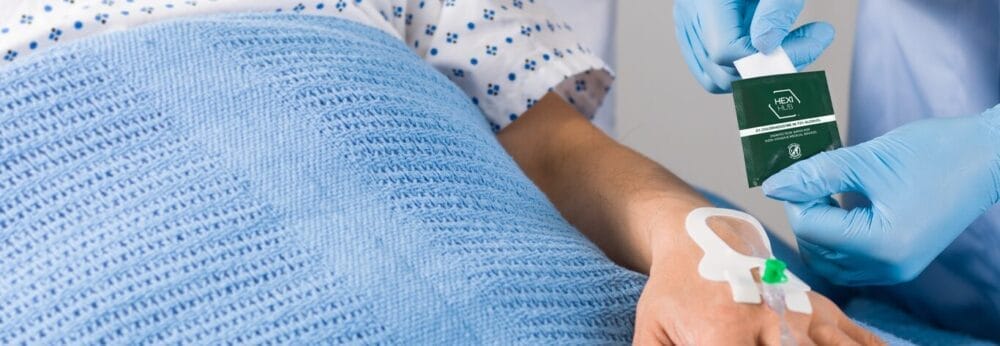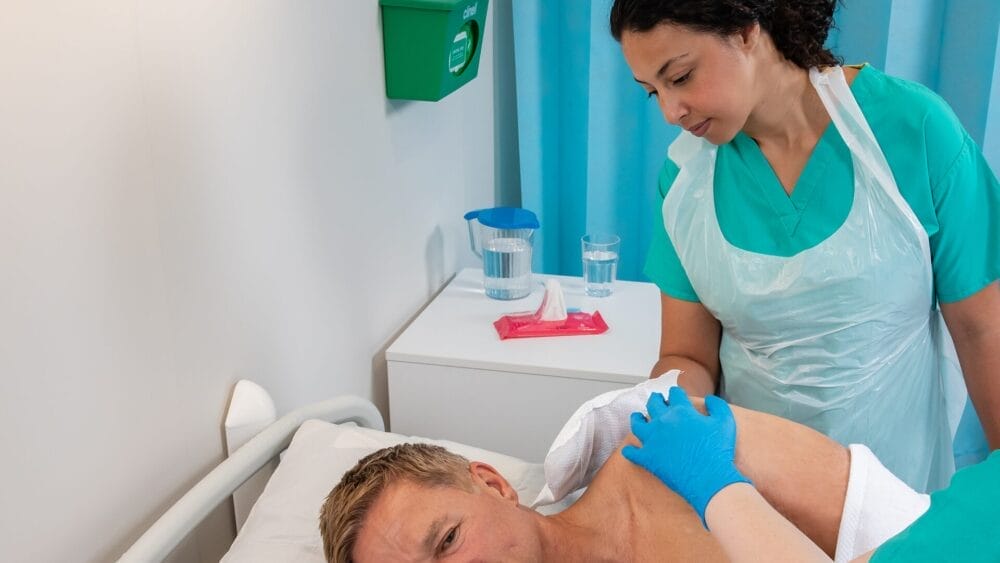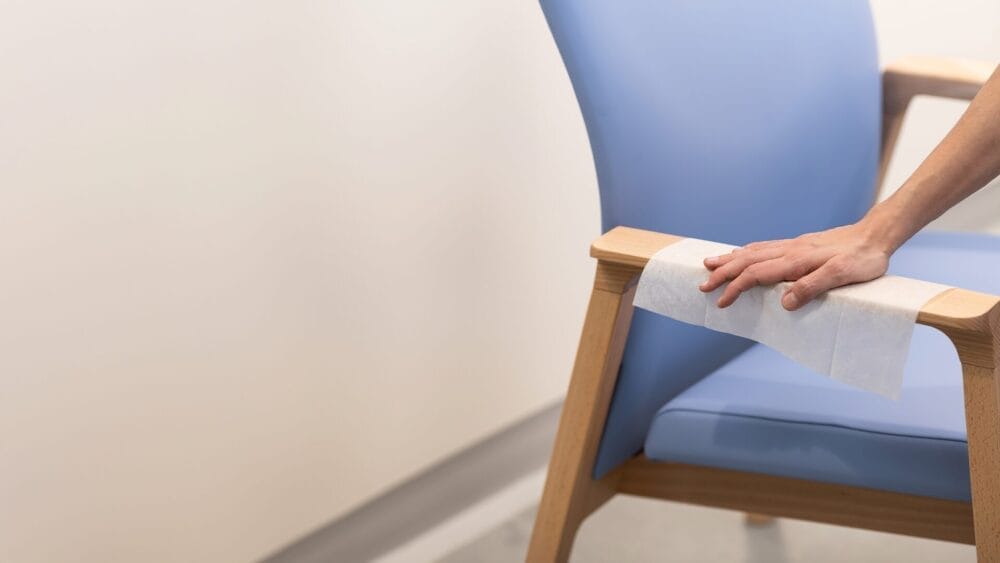Posted
27th August 2015
Products

A new study shows that daily bathing using Clinell 2% chlorhexidine wash cloths dramatically reduces the transmission of carbapenem-resistant Acinetobacter baumannii where other measured failed. In the Korean intensive care unit where the study was performed, the proportion of patient who acquired this extremely antibiotic resistant pathogen was reduced by more than half, from 21% to 10%. Previous attempts to address this organism using enhanced screening, contact precautions and environmental disinfection had failed to bring the outbreak under control. Another important finding from the study is that there was no development of resistance to chlorhexidine, despite its daily use on the unit.
Carbapenem-resistant A. baumannii – sometimes known as ‘CRAB’ – is an emerging issue worldwide. It combines a very high level of resistance to antibiotics with a propensity for causing problems in the sickest patients, for example, in intensive care and burns units. The organism often colonizes the skin, so the use of daily bathing using a chlorhexidine wash cloth makes sense – and this study shows that this intervention works.
Further work is being performed in other hospitals to evaluate the effectiveness of Clinell 2% chlorhexidine wash cloths for reducing the transmission of CRAB and other pathogens.
SHARE THIS ARTICLE
Tags
Latest News
Embracing sustainability and cost savings: The journey of Clinell Indicator Notes to paper-based solutions
At GAMA Healthcare, we’ve always prided ourselves on being at…
Introducing HEXI HUB: A seamless transition in our product line
We’re pleased to announce an update to our product offering…
Innovative solutions for tackling Carbapenemase-producing Enterobacteriaceae (CPE) at King’s College Hospitals
King’s College Hospital NHS Foundation Trust, one of London’s largest…
Gloves Off: reducing unnecessary plastic waste during environmental cleaning and disinfection
In this blog, Dr Phil Norville discusses the momentum-gaining ‘Gloves…




